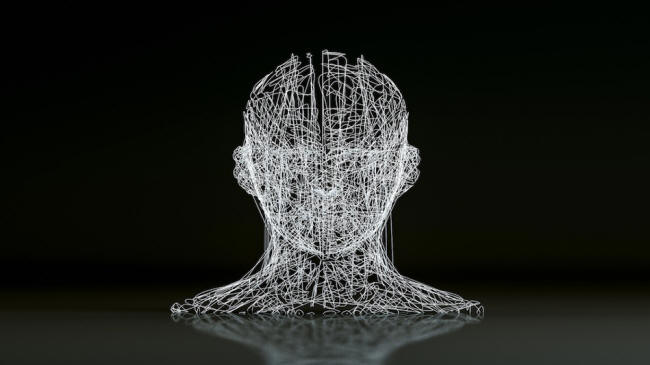|
from
Gaia Website
Should We Be Hesitant
to Embrace
Transhumanism...?
Each of these cells has .07 volts of electrical energy potential - a relatively small number you might say. But when you multiply those .07 volts times 50 to 100 trillion, you get somewhere between two and a half, to five trillion volts.
We are powerhouses of electrical energy potential.
Yet for some, this potential isn't enough. In the minds of transhumanists, the body is a work in progress - one in which we must actively improve toward some perceived ideal.
In some circumstances they may be right; our bodies are not all created equally, some face deformities and defects, or aren't built as sturdy as others, making a good argument for the need to artificially augment.
But according to researcher and author Gregg Braden, this is a slippery slope - one in which we must tread with caution while appreciating the truly high-tech construction of the biological suits we've found ourselves born into.
With advancements in microchip technology, futurists envision a world in which we begin to work toward almost complete integration with technology and computers.
Some even go so far as to believe we will one day be capable of transferring our consciousness onto a hard drive composed of microscopic silicon chips, experiencing the world through that mechanistic, binary scope of the computer - potentially allowing humans to achieve something that looks like immortality.
But this reductionist mindset of the materialist, scientific lens is incredibly arrogant, Braden said.
Those are the two trains of thought when it comes to the views of our advancing technology and the transhumanist movement, Braden said.
One side views it as,
While the other side says,
This leads Braden and Meredith into a perceived bifurcation of thought in our society and the extremes it appears to be leaning toward.
On one end of the spectrum, the technocratic/futurist worldview sees the inevitability of our advancements and the near-utopian future it brings as the best possible outcome.
While the other end harkens back for a more Luddite or parochial return to past lifestyles where economies were more decentralized and humans lived closer to nature...
Could it be possible to find a middle ground...?
This should be a consideration of those at the forefront of the movement developing technology that is setting the framework for a transhumanist future...
Braden mentions the work of Elon Musk's Neuralink project, which is working on developing a neural mesh that can be implanted in the brain allowing it to interface with a microchip and supplant damaged systems within a neural network.
Neuralink's initial efforts are aimed at helping those with issues such as paralysis and severe brain injuries to regain function of nervous networks within the body - a noble endeavor that takes prosthetics one step further.
But eventually, this technology will advance and become cheaper to produce, opening it up to consumer markets for uses beyond medical reasons, such as advanced cognitive abilities or even just the ability to control digital devices semi-telepathically.
But Musk has even admitted he fears what this future may portend.
But again,
Listen to Braden's further thoughts on the matter in his interview on Open Minds...:
|



